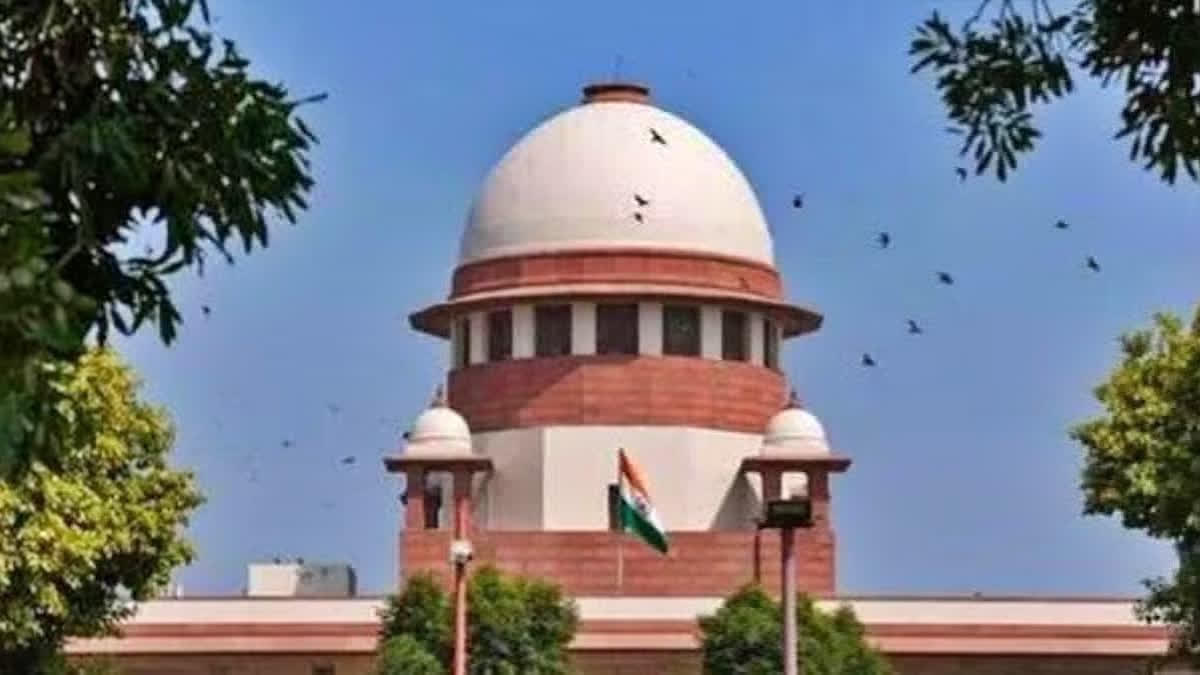New Delhi:In a ground-breaking decision today, Chief Justice of India DY Chandrachud rendered his judgment on a series of petitions seeking legal recognition for same-sex marriages. Chief Justice Chandrachud's verdict, while making strides in advancing LGBTQ+ rights, also had limitations. The Central Adoption Resource Authority's (CARA) regulation, which previously restricted queer and unmarried couples from adopting children, was effectively struck down.
The decision was the result of a five-judge bench's deliberations, where three out of five justices voted in favor of striking down CARA's regulation. This move signals significant progress in promoting inclusivity and equality in the adoption process, as it opens the door for a wider array of individuals to provide loving homes for orphaned or abandoned children.
However, the verdict was not without controversy, as the bench, in a close 3:2 decision, upheld the stance that non-heterosexual couples would not be granted the right to jointly adopt a child. This aspect of the judgment has raised debates about the extent to which LGBTQ+ rights have been recognized, with advocates arguing that there is still work to be done to achieve full equality in the realm of adoption rights.
Also Read:Same sex marriage: State's duty to ensure such unions, protect couples and bouquet of rights | watch verdict live
Moreover, the Supreme Court issued directives to protect the rights and dignity of the LGBTQIA+ community. The court declared that no person should be forced to undergo any hormonal therapy, respecting individual choices and autonomy. The CJI reiterated that the right to enter into a union should not be restricted based on sexual orientation, reinforcing the principle of non-discrimination and equality.
Chief Justice Chandrachud emphasised that denying LGBTQIA+ individuals the right to marry also meant denying them the right to choose their life partners freely. In doing so, the court recognised the importance of personal autonomy and individual choice in the pursuit of happiness.
The Central Adoption Resource Authority (CARA) is a crucial player in the adoption landscape of India. As the nodal authority for the adoption of Indian children, CARA operates under the Ministry of Women and Child Development, Government of India. CARA is responsible for regulating and monitoring both inter-country and in-country adoptions. Notably, it is the designated authority in India for inter-country adoptions, following the provisions of The Hague Convention on Inter-Country Adoption, 1993, which India ratified in 2003. CARA primarily oversees the adoption of orphaned, surrendered, and abandoned children through its recognized and associated adoption agencies. Founded in 1990, CARA operates as a statutory body under the Juvenile Justice Act, 2015.
